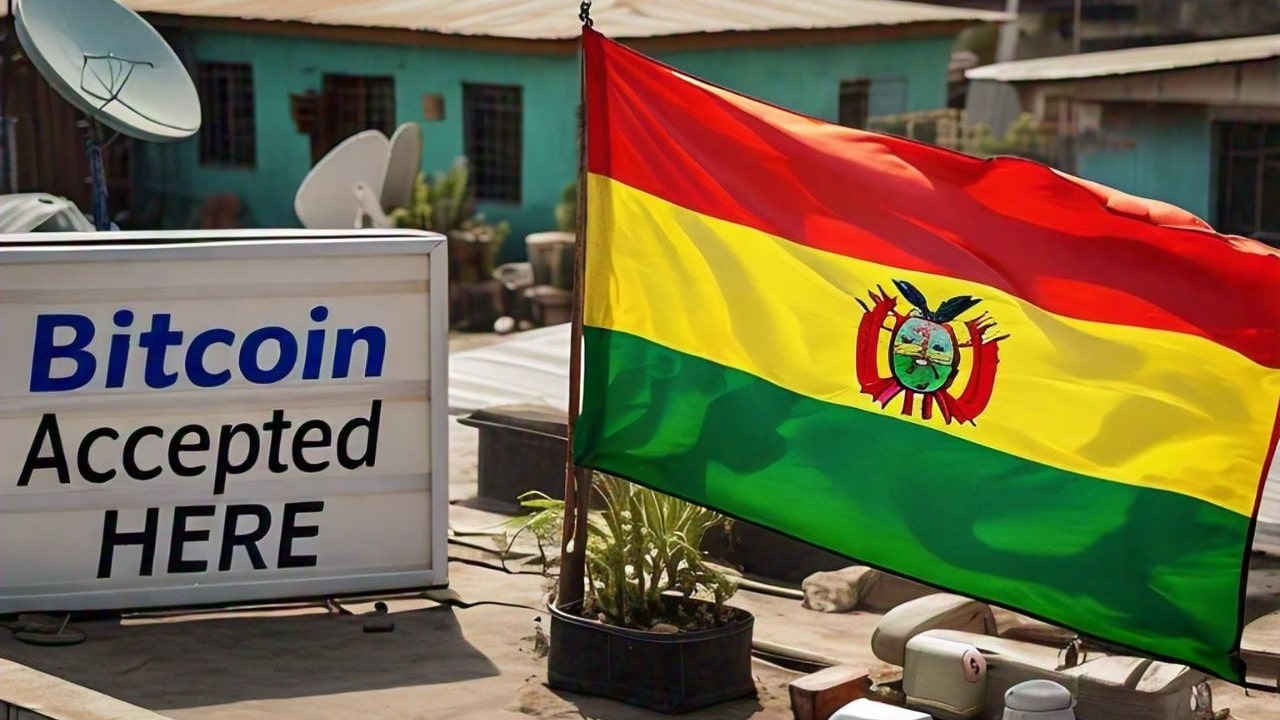Bolivia’s central bank, El Banco Central de Bolivia (BCB), announced it has updated its virtual asset regulation policy. It will now allow the use of Bitcoin and other cryptocurrencies as payment options in the country.
In a statement released on June 26, the BCB, in collaboration with the Financial System Supervisory Authority (ASFI), stated that the resolution was to modernize its national payment system.
Bolivia started its clampdown on the use of cryptocurrency as early as 2014, becoming the first South American country to take such a stance against “any kind of currency that is not issued and controlled by the government or an authorized entity.”
Ban on Crypto Annulled
The Luis Arce-led administration decided to revoke the impediments to using Bitcoin in the country, a proposition enacted into law on December 15, 2020. This move is part of Bolivia’s ploy to adopt new technological innovations.
“The BCB, within the framework of its policies, has continuously promoted the modernization of the national payment system and the development infrastructure, making possible through its actions the adoption of technological innovations and new payment schemes,” the BCB stated.
The Bolivian central bank noted that the ASFI was now working with the Financial Investigation Unit (UIF) to regulate virtual assets and provide its citizens with information on how to acquire them. According to the press release, the ASFI is also collaborating with economic and financial education systems to inform the public about the risks associated with buying and selling cryptocurrencies.
While supporting virtual assets, the BCB noted that they were not the country’s legal tender. Hence, citizens were not obligated to use them.
Mainstream Adoption
Bitcoin and other cryptocurrencies have continued to gain mainstream adoption. A sizable number of companies globally have recently disclosed exposure to digital currencies.
Publicly traded firms like Metaplanet, DeFi Technology, and Semler Scientific recently adopted Bitcoin as their treasury reserves, bringing the total number of firms with exposure to Bitcoin to over 30.
It would only be a matter of time before other countries that have restricted the use of cryptocurrencies annul such laws. Countries like China, Turkey, and Russia still frown on using Bitcoin within their borders.
